Filter by
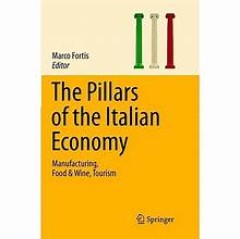
The Pillars of the Italian Economy
This book offers a detailed analysis of the key sectors in the Italian economy, with the focus especially on areas in which the economy excels, such as the automatic packaging machinery sector, pharmaceutical production, the food and wine industry, and tourism. The book explains how, contrary to widespread opinion, Italy is one of the world’s most competitive countries in foreign trade, as co…
- Edition
- 1
- ISBN/ISSN
- 978-3-319-40186-7
- Collation
- Ekonomi
- Series Title
- -
- Call Number
- 330

Women's Rights? : The Politics of Eugenic Abortion in Modern Japan
This volume explores the concept of Japanese reproductive rights and liberties in light of recent developments in disability studies. Masae Kato asks important questions about what constitutes personhood and how, in the twenty-first century, we come to understand eugenic abortion and other bioethical arguments. Tracing the origin and influence of the concept of a "right," the author places the …
- Edition
- -
- ISBN/ISSN
- 9789053567937
- Collation
- 342 halaman
- Series Title
- IIAS Publications Series
- Call Number
- 300 KAT w
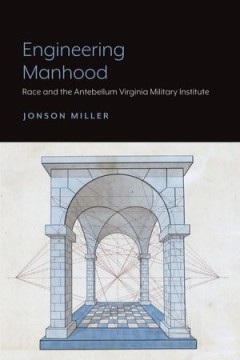
Engineering Manhood : Race and the Antebellum Virginia Military Institute
It is not an accident that American engineering is so disproportionately male and white; it took and takes work to create and sustain this situation. Engineering Manhood: Race and the Antebellum Virginia Military Institute examines the process by which engineers of the antebellum Virginia Military Institute cultivated whiteness, manhood, and other intersecting identities as essential to an engi…
- Edition
- -
- ISBN/ISSN
- 9781643150185
- Collation
- 289 halaman
- Series Title
- -
- Call Number
- 900 MIL e
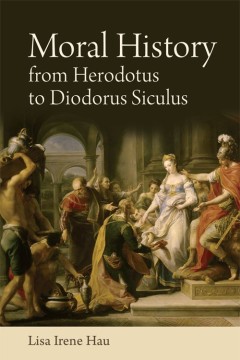
Moral History from Herodotus to Diodorus Siculus
Why did human beings first begin to write history? Lisa Irene Hau argues that a driving force among Greek historians was the desire to use the past to teach lessons about the present and for the future. She uncovers the moral messages of the ancient Greek writers of history and the techniques they used to bring them across. Hau also shows how moral didacticism was an integral part of the writin…
- Edition
- -
- ISBN/ISSN
- 9781474411073
- Collation
- -
- Series Title
- -
- Call Number
- 900 HAU m
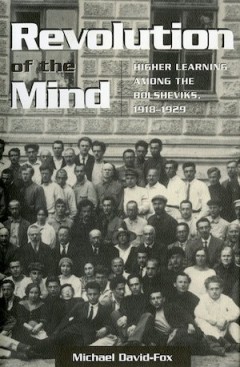
Revolution of the Mind : Higher Learning among the Bolsheviks, 1918–1929
Using archival materials never previously accessible to Western scholars, Michael David-Fox analyzes Bolshevik Party educational and research initiatives in higher learning after 1917. His fresh consideration of the era of the New Economic Policy and cultural politics after the Revolution explains how new communist institutions rose to parallel and rival conventional higher learning from the Ac…
- Edition
- -
- ISBN/ISSN
- 9781501707179
- Collation
- 320 halaman
- Series Title
- -
- Call Number
- 900 DAV r
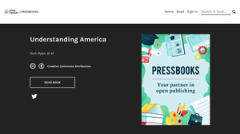
Understanding America
“U.S. Government and Politics” is a topic that in some ways needs no introduction. No matter where you come from in the world, you are probably familiar with American politics and American culture in at least some ways; this may be particularly true for Canadians, who share a border and, to some extent, a common North American culture with the USA. Yet even a deep familiarity with the daily…
- Edition
- -
- ISBN/ISSN
- -
- Collation
- -
- Series Title
- -
- Call Number
- 900 HUR u
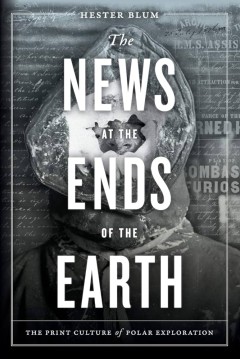
The News at the Ends of the Earth : The Print Culture of Polar Exploration
From Sir John Franklin's doomed 1845 search for the Northwest Passage to early twentieth-century sprints to the South Pole, polar expeditions produced an extravagant archive of documents that are as varied as they are engaging. As the polar ice sheets melt, fragments of this archive are newly emergent. In The News at the Ends of the Earth Hester Blum examines the rich, offbeat collection of pri…
- Edition
- -
- ISBN/ISSN
- 9781478003229
- Collation
- 328 halaman
- Series Title
- -
- Call Number
- 800 BLU m
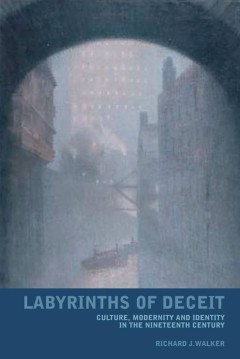
Labyrinths of Deceit : Culture, Modernity and Identity in the Nineteenth Century
Prominent citizens in nineteenth-century England believed themselves to be living in a time of unstoppable progress. Yet running just beneath Victorian triumphalism were strong undercurrents of chaos and uncertainty. Richard Walker plumbs the depths of those currents in order to present an alternative history of nineteenth-century society. Mining literary and philosophical works of the period, …
- Edition
- -
- ISBN/ISSN
- 9780853238492
- Collation
- 320 halaman
- Series Title
- Liverpool English Texts and Studies
- Call Number
- 900 WAL l
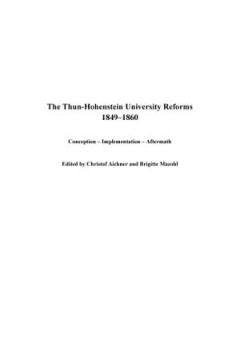
The Thun-Hohenstein University Reforms 1849–1860 : Conception – Implement…
The book gathers 14 articles on the reforms of the Austrian University system from 1848 to 1860 named after Leo Thun Hohenstein. The reforms mark a turning point in the history of the Austrian educational landscape. The book provides new perspectives on the work of Leo Thun-Hohenstein, using to date unknown sources and new approaches.
- Edition
- -
- ISBN/ISSN
- 9783205205531
- Collation
- -
- Series Title
- -
- Call Number
- 370 AIC t
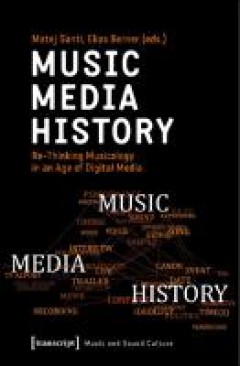
Music - Media - History. Re-Thinking Musicology in an Age of Digital Media
Music and sound shape the emotional content of audio-visual media and carry different meanings. This volume considers audio-visual material as a primary source for historiography. By analyzing how the same sounds are used in different media contexts at different times, the contributors intend to challenge the linear perspective of (music) history based on canonic authority. The book discusses A…
- Edition
- -
- ISBN/ISSN
- -
- Collation
- -
- Series Title
- -
- Call Number
- 780.7 MUS m
 Computer Science, Information & General Works
Computer Science, Information & General Works  Philosophy & Psychology
Philosophy & Psychology  Religion
Religion  Social Sciences
Social Sciences  Language
Language  Pure Science
Pure Science  Applied Sciences
Applied Sciences  Art & Recreation
Art & Recreation  Literature
Literature  History & Geography
History & Geography